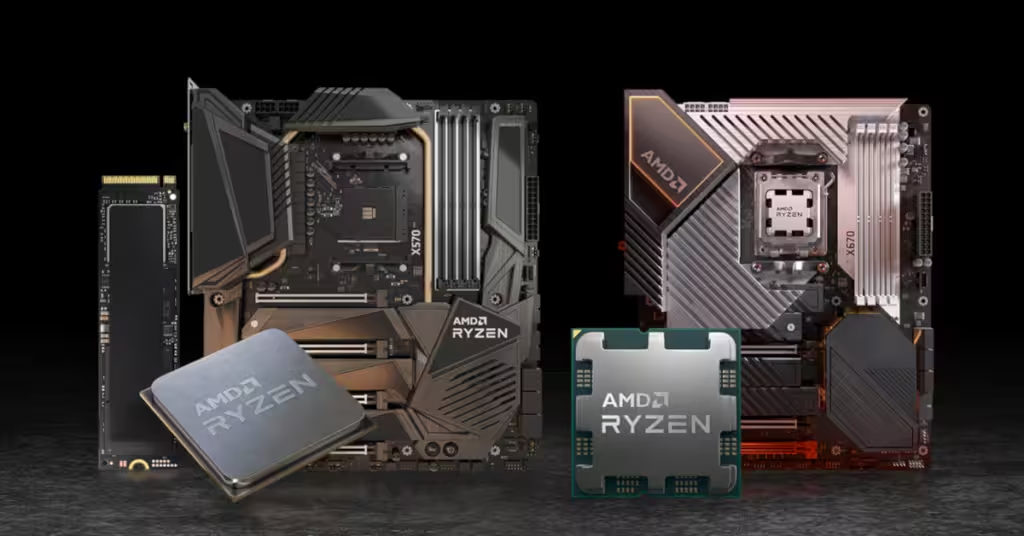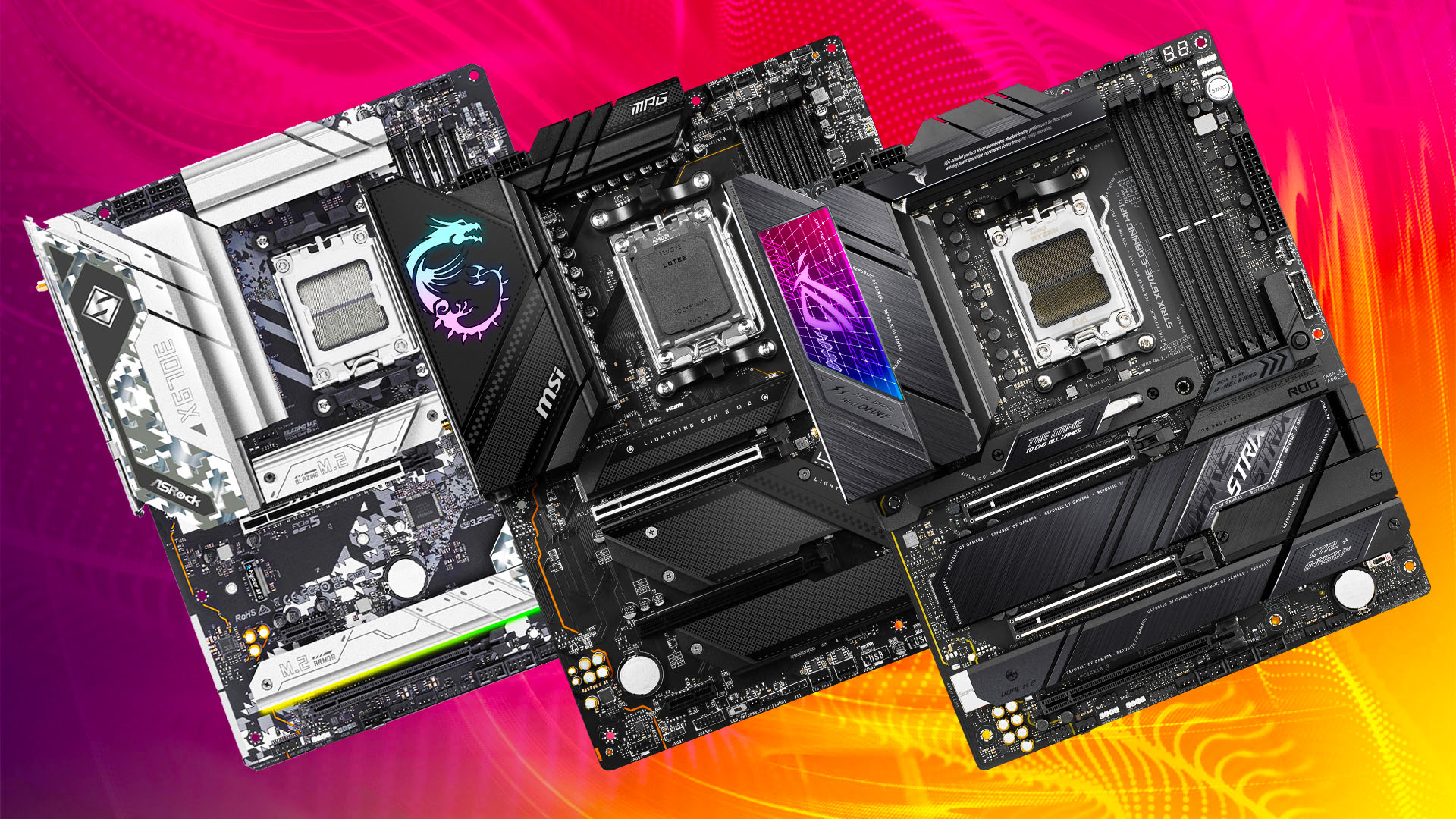
If you’re running a PCIe Gen 5 solid-state drive, you likely invested in it to ensure blazing-fast speeds, paying a premium to secure one of the fastest SSDs available. Pairing it with a motherboard that can fully exploit its potential probably required an additional financial outlay, but for the speed advantage, it seemed worth it. However, reports from some users with AMD X670E motherboards indicate they are experiencing severe slowdowns with their Gen 5 drives, which is a significant cause for concern.
Forum discussions from owners of MSI and Asus motherboards featuring the X670E chipset—designed for AM5-socket Ryzen processors—highlight instances where these high-performance SSDs are being reduced to PCIe Gen 1 speeds. Instead of the expected 10GB/s or more, these drives are delivering speeds as low as 1GB/s over x4 lanes, levels that are far below what users should expect. While the advantages of PCIe Gen 5 SSDs are often exaggerated in day-to-day tasks, getting performance that would be subpar even by older standards is understandably alarming.
A now-deleted comment from a Crucial representative, as reported by WCCFTech, suggested that the culprit might be the motherboard’s “first” M.2 slot, which often shares PCIe lanes with the first expansion slot where most users install their graphics cards. Switching to a different slot could help, but it may also force users to accept PCIe Gen 4 speeds instead. While some users have found relief by installing the latest BIOS updates from MSI, others remain stuck with the issue. If you’re facing similar frustrations, consider adjusting your drive placement and ensure your system is backed up to avoid potential data loss.




